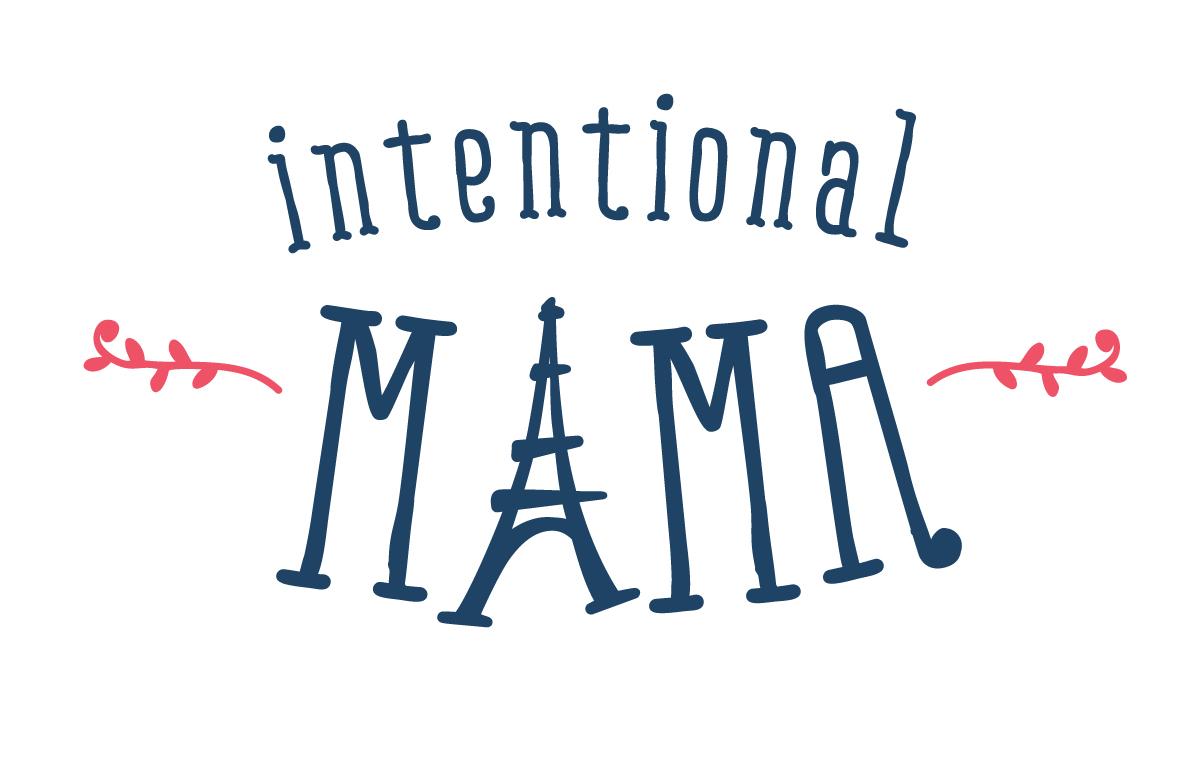Living Without A Microwave Oven: Why?
Living in America means that I have a very comfortable life. However, my family and I also live a fairly unconventional life for Americans, considering some of our lifestyle choices. So today I'm launching a series of blog posts highlighting some of the items that we don't own or use, and why we've chosen to live that way.
In 2006, I read a Pew Research study stating that 68% of Americans considered a microwave oven an essential item, compared with just 32% of Americans ten years earlier. Apparently my mindset matched the cultural shift, because at that time I couldn't imagine getting by without a microwave.
Fast forward to the present: my family hasn't owned a microwave for more than two years.
At first, this was an unintentional decision: our microwave malfunctioned (turning on when the door was opened, but stopping when the door was closed!). I lugged it to a metal recycler and promptly bought another one at Target. Six months later, the replacement microwave died. (The warranty had expired too.) This time, I wasn't immediately ready to spend more money on another microwave, and I held off a bit.
In the meantime, we realized we didn't actually need a microwave. The stovetop and our toaster oven were more than adequate for heating food.
The benefits of not owning a microwave:
- More space, less noise: More counter space gives the kitchen a zen-like atmosphere, as does the lack of electronic noise. And while some people have a microwave over the stove, overhead space and visibility is nice when cooking.
- Less plastic, more glass: We knew that microwaving food in plastic containers was a questionable practice, but apparently I'd been heating food in plastic containers more often than I wanted to admit. The toaster oven forced us to switch entirely to glass containers, which was good for our health and made fridge organization easier since we could see the contents more clearly.
- Food tastes better when it hasn't been zapped. When I made my mom some oatmeal one morning, she wanted to know my secret--It tasted so much better than what she made at home. The difference? Stovetop, not microwaved. That's all. We've all overcooked food in a microwave more times than we can count, and the results are never as tasty.
- Healthy expectations: Real food takes a little time to make. Really, what's the hurry? Cooking is worth a few extra minutes for the sake of our health. Not owning a microwave forces us to cook more than we might otherwise, and we gain patience rather than growing accustomed to instant gratification.
Drawbacks to not owning a microwave:
- A few foods, such as pasta, are difficult to reheat evenly in a toaster oven or on the stove. (It's better eaten fresh anyhow rather than reheating it.)
- A full kettle can take a while to heat on the stovetop. But the lack of microwave noise makes it easier to converse with a friend while you're waiting!
- Popcorn has to be made on the stove. This is a good skill to learn, and it's much easier than it sounds. Microwave popcorn contains surprisingly unhealthy ingredients anyway.
By the way, the Pew Research Center repeated the above survey in 2009, and it turns out that Americans are learning to live with less. If you're interested in learning to live more simply, check out Tsh Oxenreider's new book, Notes from A Blue Bike. I'll be reviewing it here soon!
This blog post is linked to Thrifty Thursday at LivingWellSpendingLess.com.
The line between a necessity and a luxury item isn't very clear in our culture. What things would you like to learn to live without?
Other posts in the Living Without series:
Living Without Manufactured Beauty Products & Toiletries: How?
- Health (1)
- History (3)
- Family fun (10)
- Weekend Links (11)
- International Exchange (16)
- Parenting Books (16)
- American Culture (28)
- Teaching French (36)
- Home Management (38)
- Contentment (40)
- French Culture (45)
- Cultural Reflections (46)
- French Resources (48)
- Learning Resources (49)
- Travel (53)
- Education (64)
- French Language Learning (65)
- Reflections on Parenting (93)






